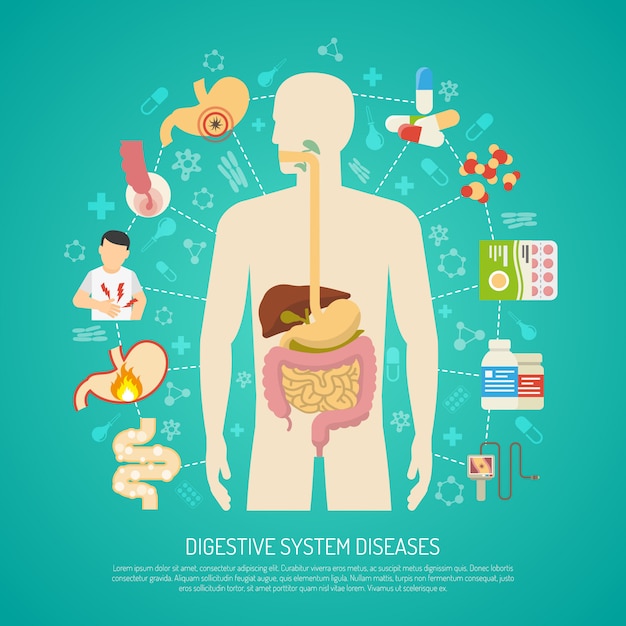Understanding Laxatives: How They Work and Their Effects
When people hear the term “laxative,” they often think of a pill that helps you go to the bathroom. However, they might not consider how it actually works to overcome the body’s resistance. There are various types of laxatives, each functioning differently. Generally, laxatives are categorized into three main types: osmotic laxatives, stimulant laxatives, and bulk-forming laxatives.
What are Osmotic Laxatives?
Osmotic laxatives work by drawing fluid into the intestines, a process that can take several days. This influx of fluid increases the stool’s water content, which ideally helps to relieve constipation by turning the stool into diarrhea. However, using osmotic laxatives can lead to dehydration, electrolyte imbalances, and even cramping and bloating due to gas buildup.
What are Stimulant Laxatives?
Stimulant laxatives contain harsh, sometimes toxic chemicals or herbs that cause the intestinal muscles to spasm and contract. While they work quickly, usually within a few hours, they can also cause diarrhea, dehydration, and gas-related pain similar to osmotic laxatives. Overuse of stimulant laxatives can damage the sensitive lining of the intestines and lead to dependency. This dependency can result in a condition known as “lazy bowel syndrome,” where chronic constipation occurs due to the loss of muscle tone and strength in the bowels.
What are Bulk-Forming Laxatives?
Bulk-forming laxatives use absorbent materials, typically dead fiber, to increase the overall mass of the stool. As the stool grows in size, the bowels are stimulated to push it out. While fiber and increased stool mass are beneficial, bulk-forming laxatives can sometimes worsen constipation by further clogging the bowels. Psyllium, a common ingredient in over-the-counter fiber laxatives, can cause allergic reactions in some people. Long-term use of psyllium-containing products may also interfere with the absorption of essential vitamins and minerals.
What’s the Best Alternative?
For managing constipation, I recommend using oxygen-based colon cleansers that utilize monatomic oxygen (O1) to safely and effectively clean and liquefy compacted material in both the small and large intestines. These cleansers can be used regularly without harmful side effects. Oxy-Powder? is considered the most effective oxygen-based colon cleanser available.
Once you’ve addressed your constipation, it’s important to evaluate your lifestyle and habits to identify the root cause. If dietary changes are necessary, consider following my body cleansing diet. This plan is designed not only to promote healthy eating but also to help cleanse your body.

